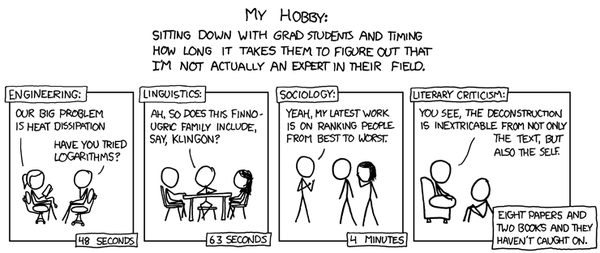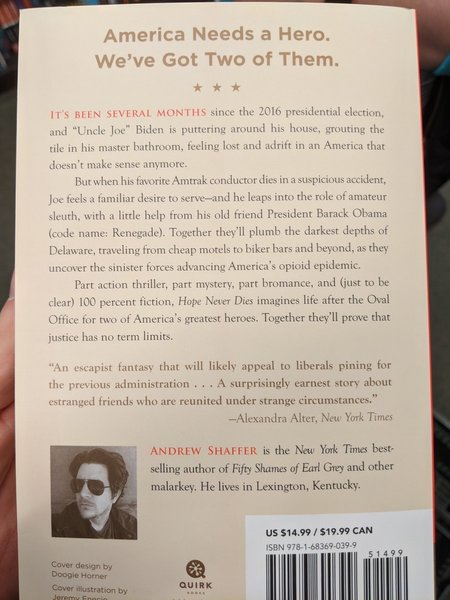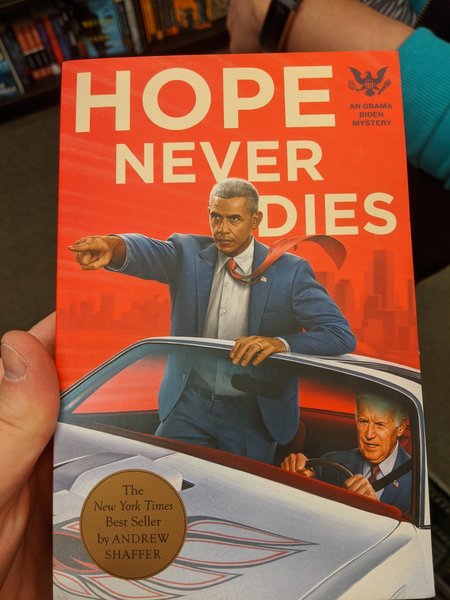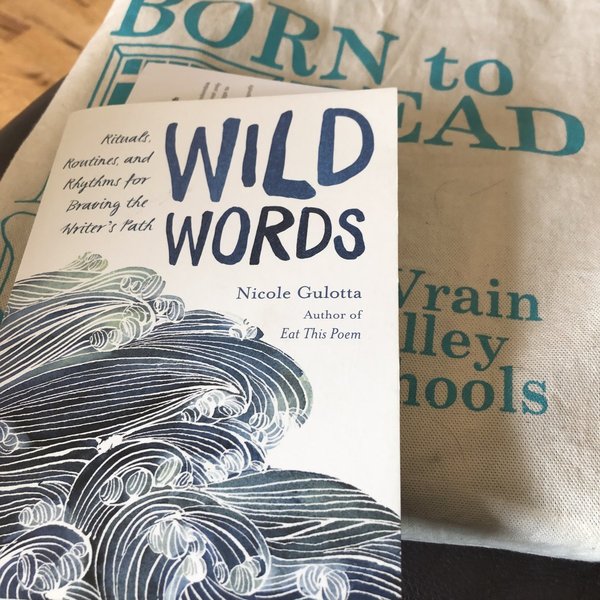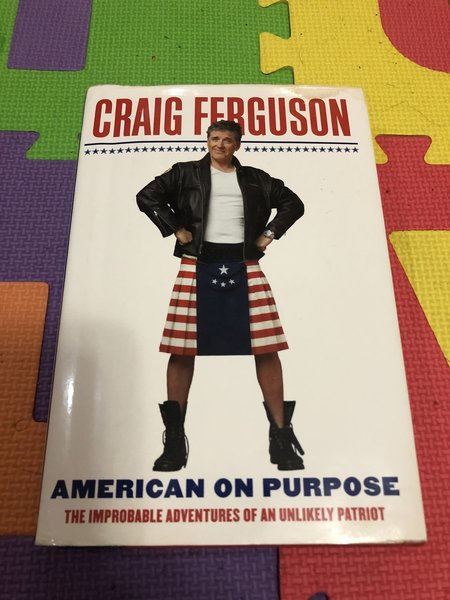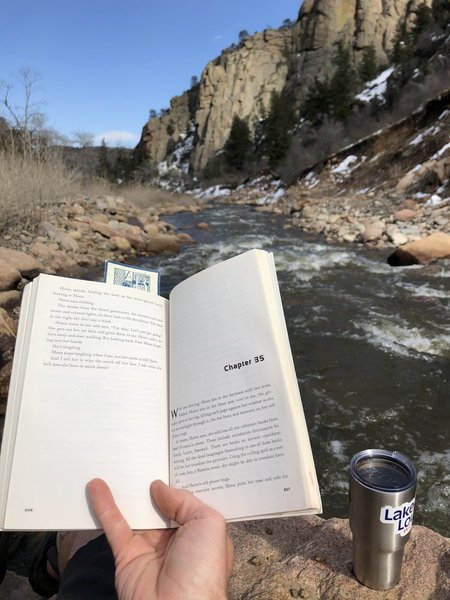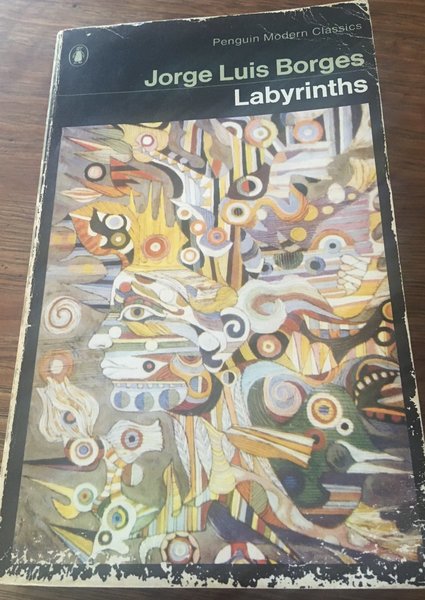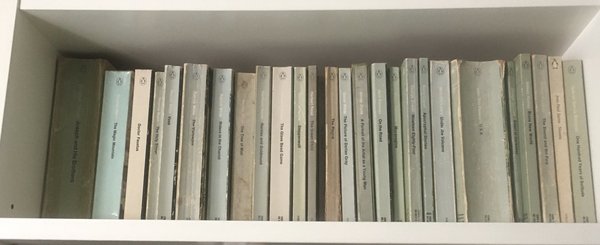samtalkstyle
Senior Member
- Joined
- Aug 3, 2019
- Messages
- 299
- Reaction score
- 674
Odessa File will probably be my next read after my current book.
Out of interest, what makes you gents dislike Rand?
Out of interest, what makes you gents dislike Rand?



